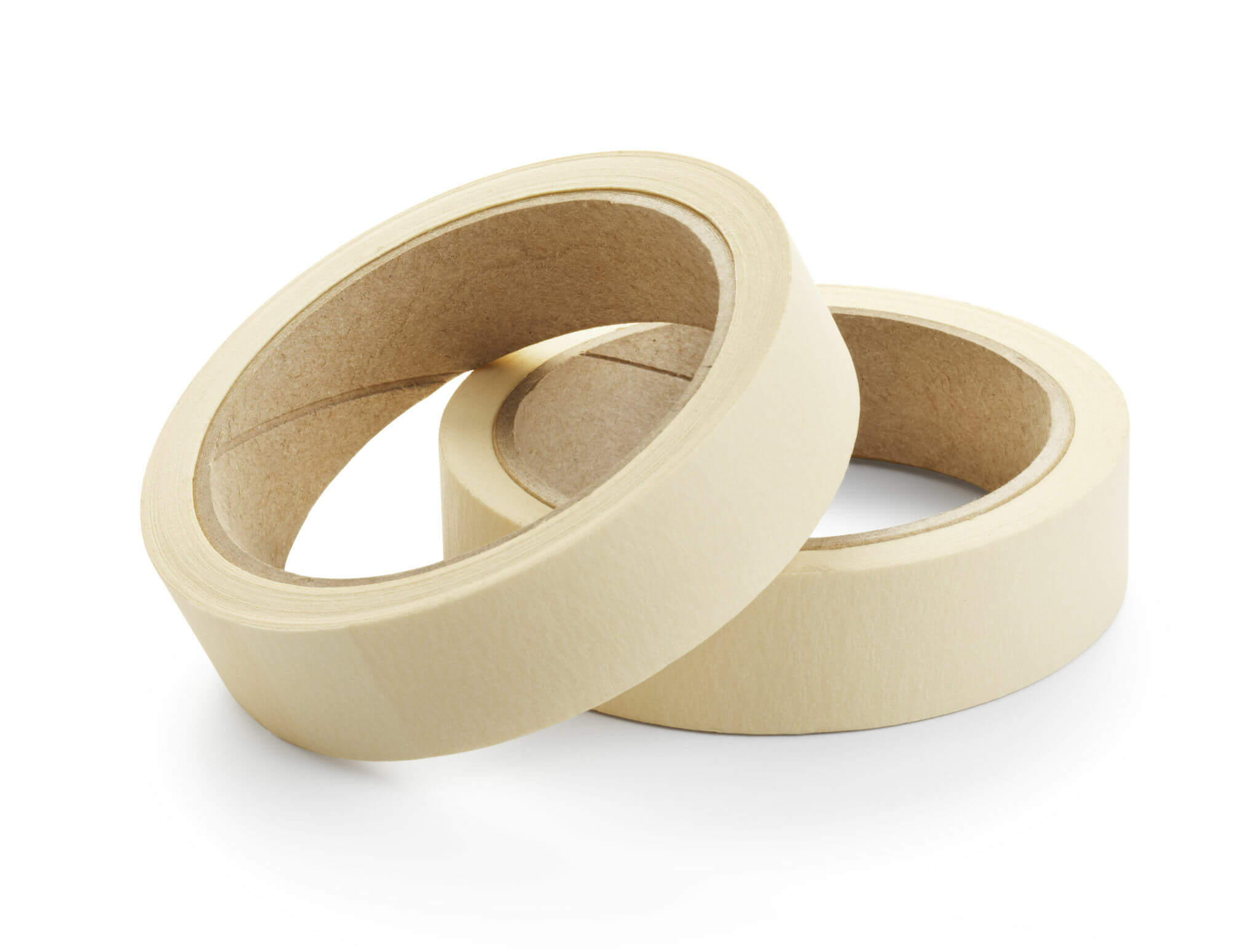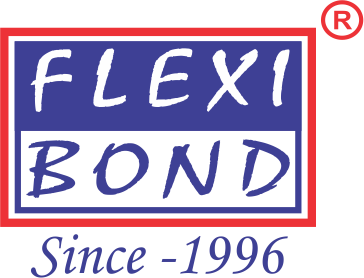How Weather Conditions Affect Masking Tape Performance
Masking tape is a crucial tool in various industries, valued for its versatility in painting, packaging, and crafting. However, its effectiveness can be significantly influenced by external environmental factors, particularly weather conditions. At Flexibond, as a leading masking tape manufacturer in India, we understand the nuanced impact that weather can have on tape performance. In this blog post, we explore how temperature variations, humidity levels, and UV exposure affect masking tape and what measures can be taken to optimize performance under different conditions.

Temperature Variations:
Temperature plays a pivotal role in the adhesive properties of masking tape. Extreme heat can soften the adhesive, reducing its bonding strength and causing tape failure. Conversely, in colder temperatures, the adhesive may become stiff and less tacky, affecting its ability to adhere effectively to surfaces. For instance, in Gujarat’s hot climate, where temperatures can soar, choosing masking tapes with high-temperature resistance ensures durability and reliability in applications such as automotive painting and industrial masking.
Humidity Levels:
Humidity levels also impact masking tape performance, especially in environments prone to high moisture content. Excessive humidity can weaken adhesive bonds and increase the risk of tape peeling or curling. Conversely, low humidity environments may lead to tape drying out, reducing its flexibility and adhesion capacity. For customers across India, including regions with varying humidity levels, selecting masking tapes with moisture-resistant properties is crucial for maintaining integrity and longevity in applications like construction and woodworking.
UV Exposure:
UV radiation from sunlight can degrade masking tape adhesives over time, leading to premature tape failure and decreased performance. Outdoor applications such as painting or signage often require UV-resistant masking tapes to withstand prolonged exposure to sunlight without compromising adhesion quality. At Flexibond, our UV-resistant masking tapes are engineered to preserve their adhesive strength and structural integrity, making them ideal for outdoor use across Gujarat and India.
Conclusion:
In conclusion, understanding how weather conditions affect masking tape performance is essential for selecting the right tape for your specific application. Whether you’re in Gujarat or anywhere else in India, Flexibond offers a range of masking tapes designed to withstand diverse environmental challenges. By choosing masking tapes tailored to temperature resistance, humidity tolerance, and UV stability, industries can optimize efficiency, reliability, and cost-effectiveness in their operations.
Explore Flexibond’s comprehensive range of masking tapes designed for diverse weather conditions and industrial applications. Visit our website Flexibond to learn more about our products and solutions.
